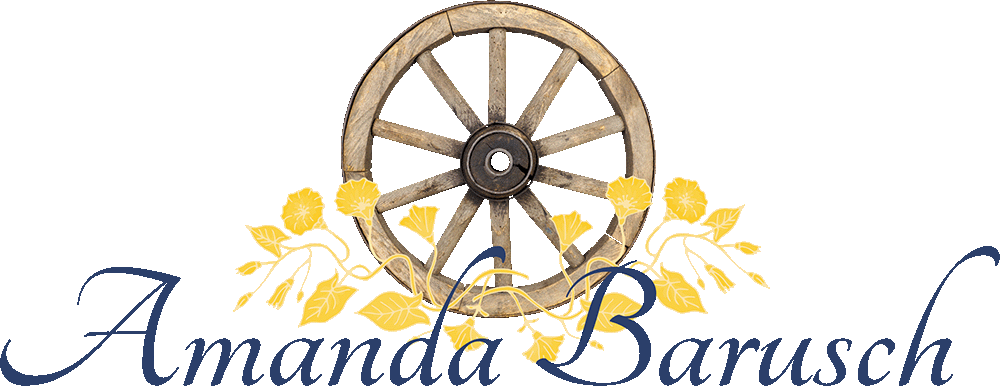Books are Never Done
This weekend in a post-modern moment I realized not only that books are never done, but that books aren’t even things. I love their smell as much as anybody and I still get a charge from that crack the spine gives when you open one for the first time. But the essence of book is not a thing. It’s a process
In 1992 my PhD thesis was published as a book. Months after the writing and re-writing and editing and proofing were done a heavy cardboard box came in the mail. It opened like a Christmas gift and there, with their tidy spines all in a row, were a dozen volumes from the first run of my first book. I eagerly chose one from the middle and cracked its spine. Staring me straight in the face was the title – but not the title I had chosen. This title had a word missing. To me, it was a very important word. Adrenaline pumping, I called the publisher and a woman who was way too calm promised they would issue a corrected title page. So there it is. The entire first run of my first book has this sloppy little sheet sticking out that actually says, ”Corrected Title Page.” Luckily that book had a second printing.
Fast forward to 2006. By now I have a few books under my belt, but I still hold my breath when I open that heavy cardboard box. This co-authored volume had already endured a fair share of drama. A copy editor named Polly insisted on changing the meaning of sentences. My co-author and I spent hours reversing Polly’s changes only to find ourselves required by some bureaucratic torturer to explain why they were wrong. Still, months later, there was the box and the perfect spines all in a row. This time I went for the far right copy. After that resonant crack I paged through with a blossoming sense of relief -- all the way to the very last page. Then I looked at the author photos on the dust jacket. There smiling gleefully was my co-author and underneath her, smiling with comparable glee, was a lovely woman masquerading as me. They had my name right – I always check that – but the picture was definitely wrong. This time I was able to laugh. And this time, to my immense satisfaction, the woman at the publishing house was mortified. They issued a new dust jacket, and I gave copies of the original as gag gifts.
So no wonder, really, that it took me five months to sit down and examine my third edition. A sloppy pile of corrected page proofs sat next to the tidy volume on my fireplace mantle calling out for attention. But it’s no wonder that I didn’t even crack the spine until sun was gushing in and a whole day yawned before me. No wonder I held my breath, paging through to see which of my corrections got in and which didn’t. Mostly the commas didn’t – I’m awful with commas. Italics, too. Five hundred and fifty five long pages later I breathed a sigh of relief. An extra word, a few dashes missing, and a table heading that didn’t get fixed. Not bad, eh?
How does a perfectionist cope with imperfection? I used to scream, moan and beat my breast. Then I laughed. This time I turned to reflection. What, after all, is a book – really?
When I moved office from Salt Lake City to Dunedin I gave away a lot of books. The ones I kept weren’t tidy volumes with smooth spines. The ones I treasured enough to ship almost as far as a book can go were messy with scribbles and fingerprints. The best had scribbles from friends who had given them to me – sometimes with apologies. “I hope you don’t mind my used copy!” is written on the fly leaf of a treasured spelling book from my undergraduate days. Some have loose pages and some barely hold together. A collection of Persian poetry got wet in a rainstorm on a backpacking trip, but a rubber band holds it together just fine. These are the books I won’t do without. They’re chockful, not with perfect prose or flawless typesetting, but with ideas and memories shared – sometimes with my later self and sometimes with a friend.
It’s the dialogue between writer and reader or reader and reader that makes a book worth having. So if you’ve got a copy of my third edition please insert some dashes in Table 2.1, delete the extra “with” from page 256, and change the heading on Table 11.1 to match the text. Then your copy will be on its way towards being well-and-truly perfect.
